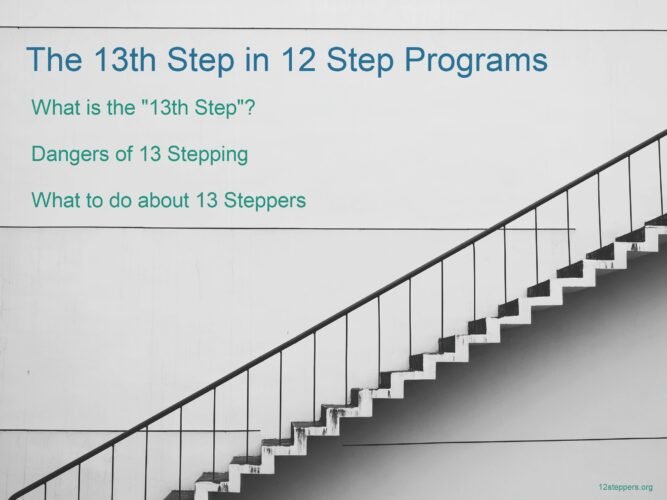In this step we “Sought through prayer and meditation to improve our conscious contact with God as we understood Him, praying only for knowledge of His will for us and the power to carry that out.”
What is the 11th step and why is it important?
The 12-step program is fundamentally a spiritual one. It is based on the belief that a strong spiritual foundation is an essential component of maintaining a healthy and fulfilling sober life. Daily spiritual practice is therefore one of the cornerstones of a sober lifestyle. This step can be very difficult for some members, and utterly natural for others. All 12-step programs include their fair share of agnostics and atheists as well as assorted skeptics of other types.
The program encourages everyone, regardless of their belief system, to engage daily in this habit. This should be done with an open heart and good intentions. There is a good reason for that. Everyone can and does benefit from verbalizing their spiritual needs and listening quietly in return. If nothing else, it establishes clarity regarding our spiritual needs and goals. More often than not, it results in an unexpectedly deep spiritual connection between our Higher Power and ourselves.
To work this step, set up a daily spiritual habit. Envision your spiritual goal, which is typically to connect more directly and fully with the Higher Power of your choosing. When cultivating your habit, find a quiet and relaxing spot and let go of your preconceived notions of spirituality and prayer.
Remember, the 12-step system is very open and accepting regarding the content of your spiritual practice. You can connect with any Higher Power of meaning to you, through any practice you find meaningful. This can consist of any combination of prayer, meditation, or other activities that have spiritual meaning for you. The exact method matters less than the ability to establish a meaningful relationship with your Higher Power.










